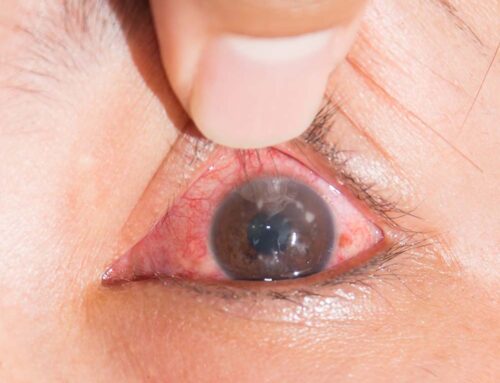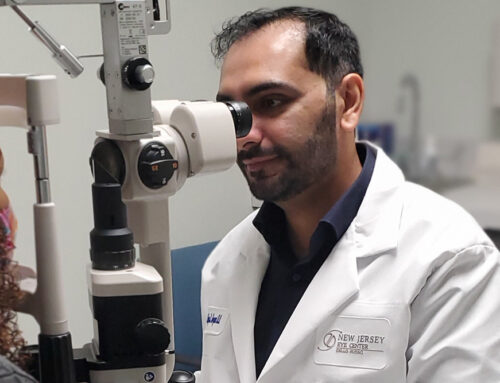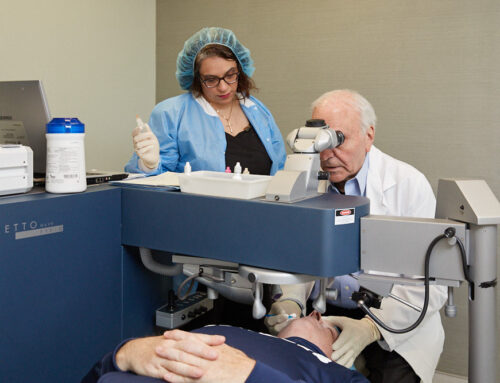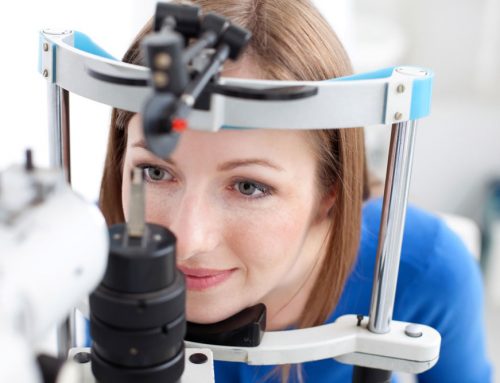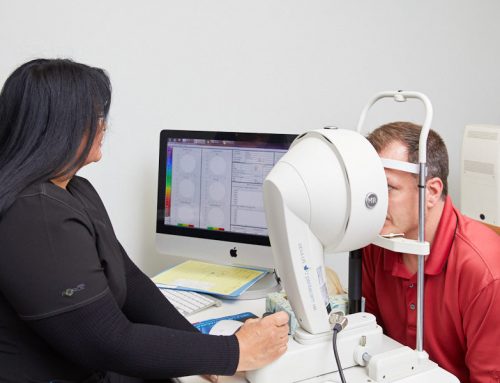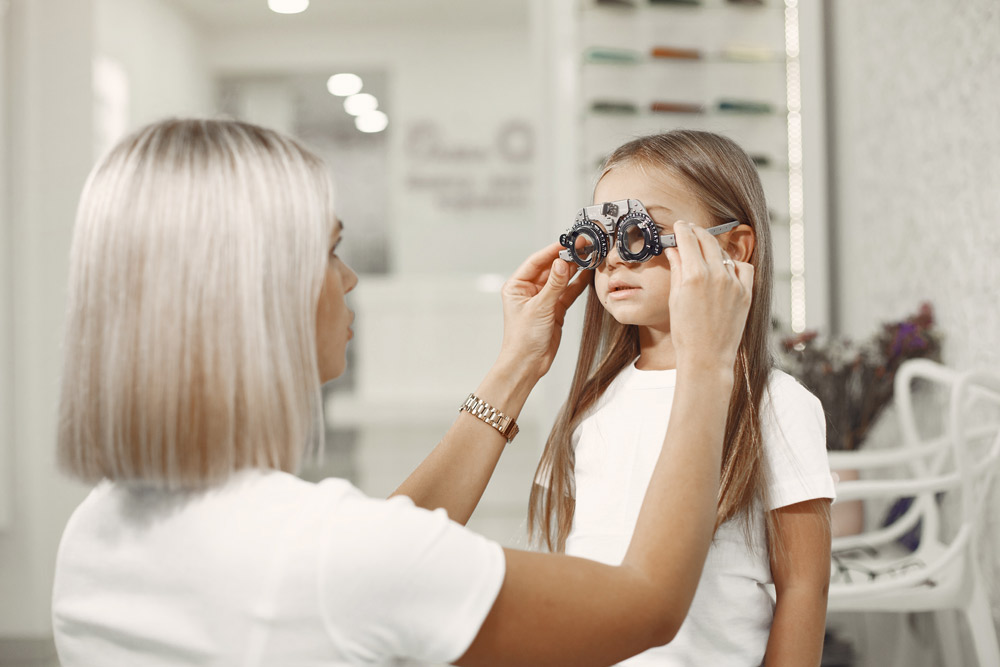
Does your vision sometimes appear blurry, unclear, or unfocused? Did you know it is the most common symptom of many types of vision problems? Although vision problems are among the most common issues that people usually face as they get older, in many cases, blurry vision can be a sign of developing eye diseases or infections. Therefore, it is highly recommended to get an eye exam if you experience any redness, blurriness, or sudden changes in your vision.
Not every case is a major issue. While many vision problems are usually treatable with medications and eye drops or prescription eyeglasses/contact lenses, some may need to undergo eye surgery for vision correction. Some eye conditions and diseases can cause permanent vision loss if left untreated for a long time. Therefore, it is better to get regular eye exams to ensure your vision remains intact. Also, if there are any eye problems in progression, they can be treated before any permanent damages occur.
Blurry vision can be a symptom of the following types of vision problems.
- Myopia and hyperopia
Myopia, also known as nearsightedness and hyperopia or farsightedness, both are refractive errors. These conditions affect the vision in different ways. However, both these conditions are known to cause blurry vision. Each of these conditions affects the retina of the eyes. These problems can deteriorate your eyesight slowly but continuously and cause blindness if left untreated in the long run. Its treatment involves using prescription eyeglasses or lenses.
- Eye disorders
Some people may develop an eye disorder after working in irregular lighting or excessive exposure to digital screens. Astigmatism is an eye disorder that may cause migraines, dry eyes, and blurred vision. If you have to constantly work in front of computer screens, it is highly recommended to get an eye exam at least once every 6 months from our expert ophthalmologists at the New Jersey Eye Center. Our experienced team of ophthalmologists specializes in the diagnosis and treatment of eye disorders.
- Glaucoma
Glaucoma is one of the most common age-related vision conditions that usually affects people over 60. It usually damages the optic nerve caused by extra pressure in the eye, which is the leading cause of vision loss and permanent blindness in older people. Glaucoma is a slow progressive eye condition. It can be treated with prescription eye drops, medications, laser treatment, or surgery, depending on the severity of the condition.
- Cataracts
Cataracts are also one of the age-related eye problems which usually affect old age people. It is known to cause unclear and cloudy vision. There is usually no pain or any other visible symptoms in Cataracts’ early stages except cloudy vision. It usually takes time to develop, and your vision starts becoming more and more blurred, leading to blindness if left untreated. Cataracts require to be treated with cataract surgery to remove the damaged lens and replace it with an artificial lens.
- Eye infection
Bacteria, fungi, and viruses can usually cause eye infections. In addition to blurry vision, eye infections symptoms may include redness, itching, swelling, pain, etc. Eye infections are usually fast progressive. Although not all eye infections would be fatal, it is crucial to immediately seek medical attention to prevent any risk of irreversible or permanent vision damage.
- Diabetes and other medical conditions
Some medical conditions such as diabetes, high blood pressure, sclerosis, or an underlying health condition may result in blurred vision. If you experience suddenly blurry or double vision, it can be an early sign of eyesight-threatening diseases that may cause severe damage to the eye’s retina. If you have any medical conditions such as diabetes, it is highly recommended to consult with our expert ophthalmologists at the New Jersey Eye Center and get a comprehensive eye examination to minimize the risk of permanent vision loss.
If you suddenly start to feel that your vision is becoming increasingly blurry, getting the correct diagnosis and treatment in the initial stages can save your eyesight from severe damage. The New Jersey Eye Center provides advanced diagnosis and treatment options for patients with a wide range of vision problems. If you have blurry vision and haven’t had a vision examination in the past 2 years, make sure to schedule a regular eye exam from our eye specialists in New Jersey.


